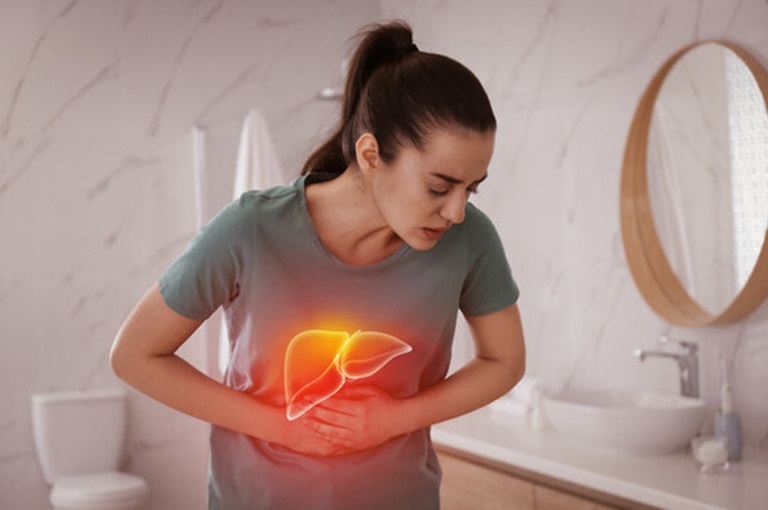AIIMS-Delhi Alerts on Rising Hepatitis A Cases; Emphasizes Safe Food and Water Practices


New Delhi: Doctors at AIIMS-Delhi have raised an alert over the rising cases of Hepatitis A in the national capital, emphasizing the crucial role of safe food and water consumption. Dr. Shalimar, a professor at the Department of Gastroenterology, noted an uptick in cases among children and young adults aged 18-25, highlighting the need for increased vigilance.
Hepatitis A and E are primarily transmitted through water contaminated with fecal matter. According to Dr. Pramod Garg, head of the Gastroenterology Department, these infections are usually self-limiting and do not require specific antiviral treatment, as they are managed symptomatically. He stressed the importance of preventive measures, including ensuring access to safe drinking water, practicing proper food handling, and maintaining good hygiene.
A study conducted by AIIMS’ Gastroenterology Department revealed that Hepatitis A and E account for 30% of acute liver failure cases, which carry a mortality rate exceeding 50%. This contrasts with Hepatitis B and C, which are major causes of chronic liver disease, including liver cirrhosis and cancer. Dr. Deepak Gunjan, an additional professor, explained that Hepatitis B and C are often transmitted through exposure to infected blood, unscreened blood transfusions, unsafe sexual practices, and intravenous drug use. While Hepatitis B often requires long-term management, Hepatitis C can be cured in over 95% of cases with a three-month course of antiviral drugs.
The panel also addressed broader issues affecting liver health, such as an unhealthy lifestyle, excessive alcohol consumption, the use of certain drugs, and autoimmune diseases. Dr. Samagra Agarwal emphasized the importance of adopting a healthy lifestyle, which includes avoiding alcohol, following a balanced diet, engaging in regular exercise, and steering clear of potentially liver-toxic medications without medical guidance.
In line with the World Health Organization’s (WHO) goals, India’s National Viral Hepatitis Control Program aims to reduce new chronic hepatitis infections by 90% and related deaths by 65% by 2030. The program provides free vaccinations for Hepatitis B to all newborns and free treatment for both Hepatitis B and C. Dr. Garg highlighted that India bears a significant burden of viral hepatitis, accounting for approximately 12% of global cases, with an estimated 40 million people chronically infected with Hepatitis B and 6 to 12 million with Hepatitis C. He urged high-risk groups, including those who have received blood transfusions, healthcare workers, pregnant women, intravenous drug users, and family members of Hepatitis B patients, to undergo screening at government healthcare facilities.






